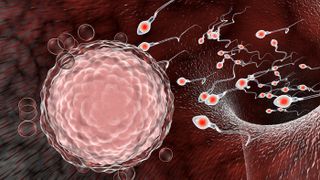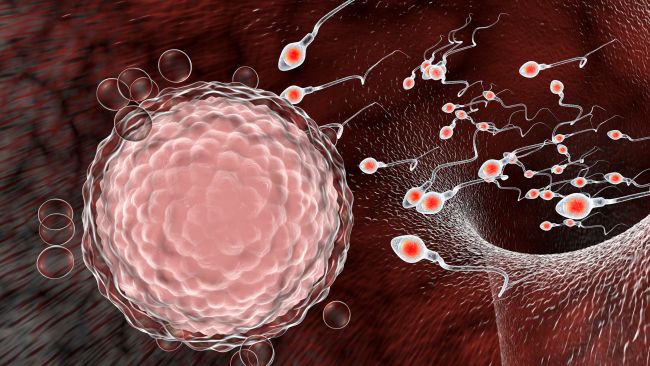The coronavirus called Severe Acute Respiratory Syndrome Coronavirus 2 (SARS-CoV-2) enters into the human body and infect the host. Scientist proves coronavirus reaches not only the lungs as they found the coronavirus in kidneys, liver, heart, gastrointestinal tract, stool, urine and saliva.
In the latest study, researchers have detected the coronavirus in semen based on the minor study according to the news published by the JAMA Network and Livescience.com.
However, the latest scientific findings do not necessary suggest that the coronavirus can be sexually transmitted through contact with the semen.
The study comes from Shangqui, China. During the observation the doctor took samples from the 38 men tested positive of the COVID-19 who also the same experiencing symptoms of the coronavirus disease to analyze the presence of the virus from the subject.

The researchers detected the presence of SARS-CoV-2 in sperm from six (6) participants which indicates of 16% from the test subject. The report noted that four (4) patients were currently experiencing symptoms of the coronavirus while the two (2) patients had already recovered from the disease.
Dr. Stanley Perlman, a professor of microbiology, immunology and pediatrics at the University of Iowa, who was not involved in the study, said “the latest finding is very interesting knowledge about the behavior of the coronavirus but it must be confirmed that there is infectious virus – not just a virus product in the semen,” he said.
In addition, researchers did not specify on how long the virus lingers in semen, given that participants in the study were still showing symptoms of COVID-19 or had only recently recovered. (The two “recovered” patients whose semen samples tested positive for SARS-CoV-2 had only been well for two (2) to three (3) days before they gave the samples.)
It is important to note that although the researchers had detected genetic material in the semen, yet the study still not proven that the virus particles are viable or capable of transmitting infection.
Transmission of COVID-19 disease through close contact and inhalation of respiratory droplets is more likely to occur rather than sexual contact.







